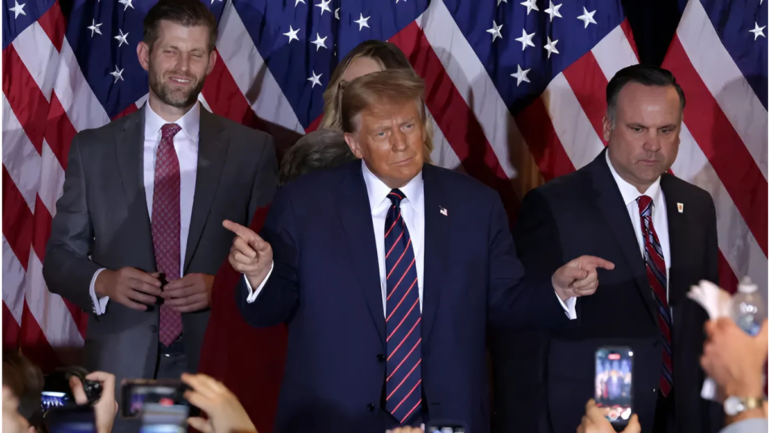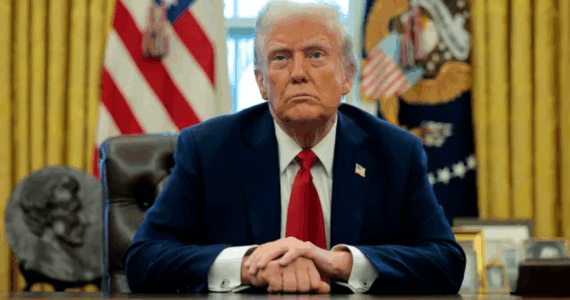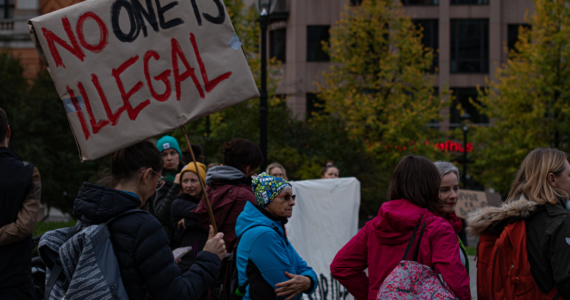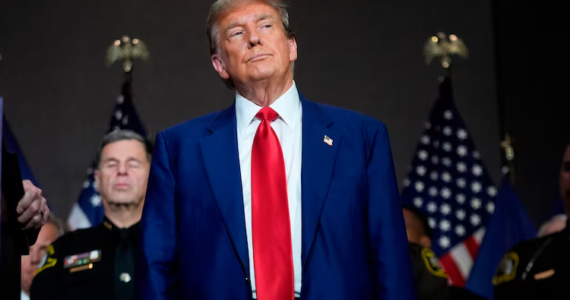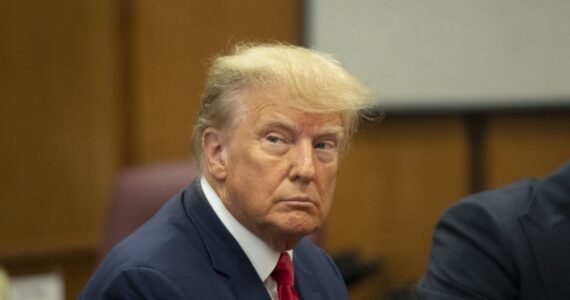President-elect Donald Trump’s transition team has decided to bypass traditional FBI background checks for several Cabinet picks, opting instead for private vetting firms. Trump has criticized the FBI for its lengthy clearance procedures, calling them inefficient and biased. However, this decision has sparked significant concerns over security and transparency, given the critical roles these appointees will fill.
Controversial Cabinet Choices
Among Trump’s most discussed nominations is Tulsi Gabbard, chosen as Director of National Intelligence. Gabbard, a former U.S. congresswoman, has faced criticism for her past foreign policy stances, including remarks perceived as overly conciliatory toward Russia and Syria. Critics argue that her alignment with U.S. strategic interests is questionable, making her a polarizing pick for such a sensitive position.
Another noteworthy nominee is Pete Hegseth, tapped to serve as Secretary of Defense. The former Fox News contributor and Army veteran has been a vocal supporter of Trump’s policies but has faced criticism for his lack of traditional defense policy experience. Hegseth’s nomination underscores Trump’s preference for loyalists over conventional candidates.
Scott Bessent, a well-known hedge fund manager and longtime Trump ally, has been named Secretary of Treasury. While his financial expertise is undeniable, critics question whether his Wall Street ties could lead to conflicts of interest in regulating the financial sector.
Trump’s Cabinet Picks So Far
Here’s a roundup of Trump’s major Cabinet picks:
- Marc Rubio – Secretary of State
- Tulsi Gabbard – Director of National Intelligence
- Pete Hegseth – Secretary of Defense
- Scott Bessent – Secretary of Treasury
- Robert F. Kennedy Jr. – Secretary of Health and Human Services
- Kari Lake – Press Secretary
- Linda McMahon – Secretary of Education
- Elon Musk – Department of Government Efficiency
- Lori Chavez-DeRemer – Labor Department
- Elise Stefanik – Ambassador to the United Nations
- Dr. Mehmet Oz – Centers for Medicare and Medicaid Services administrator
These appointments highlight Trump’s tendency to favor loyalists and unconventional picks for top government roles.
A Pattern of Breaking Norms
This departure from protocol is consistent with Trump’s history of challenging established norms. During his first term in 2016, he bypassed clearance recommendations for over 25 appointees, some flagged for security concerns. His current approach reflects a continued mistrust of federal institutions, particularly the FBI and intelligence agencies, which he has accused of harboring political bias.
Implications for National Security
By avoiding FBI background checks, Trump’s team risks placing individuals in high-level positions without thorough security assessments. This creates vulnerabilities that could undermine governmental stability and public trust. Critics argue that the use of private firms lacks the rigor and accountability of traditional federal processes, leaving room for potential conflicts of interest and other risks.
What Are Your Thoughts?
Do you support Trump’s decision to bypass FBI background checks in favor of private firms? Does this improve efficiency, or does it jeopardize national security? Share your thoughts below!
Follow MEFeater on Twitter, Instagram, Facebook, and Pinterest for more political news and updates


